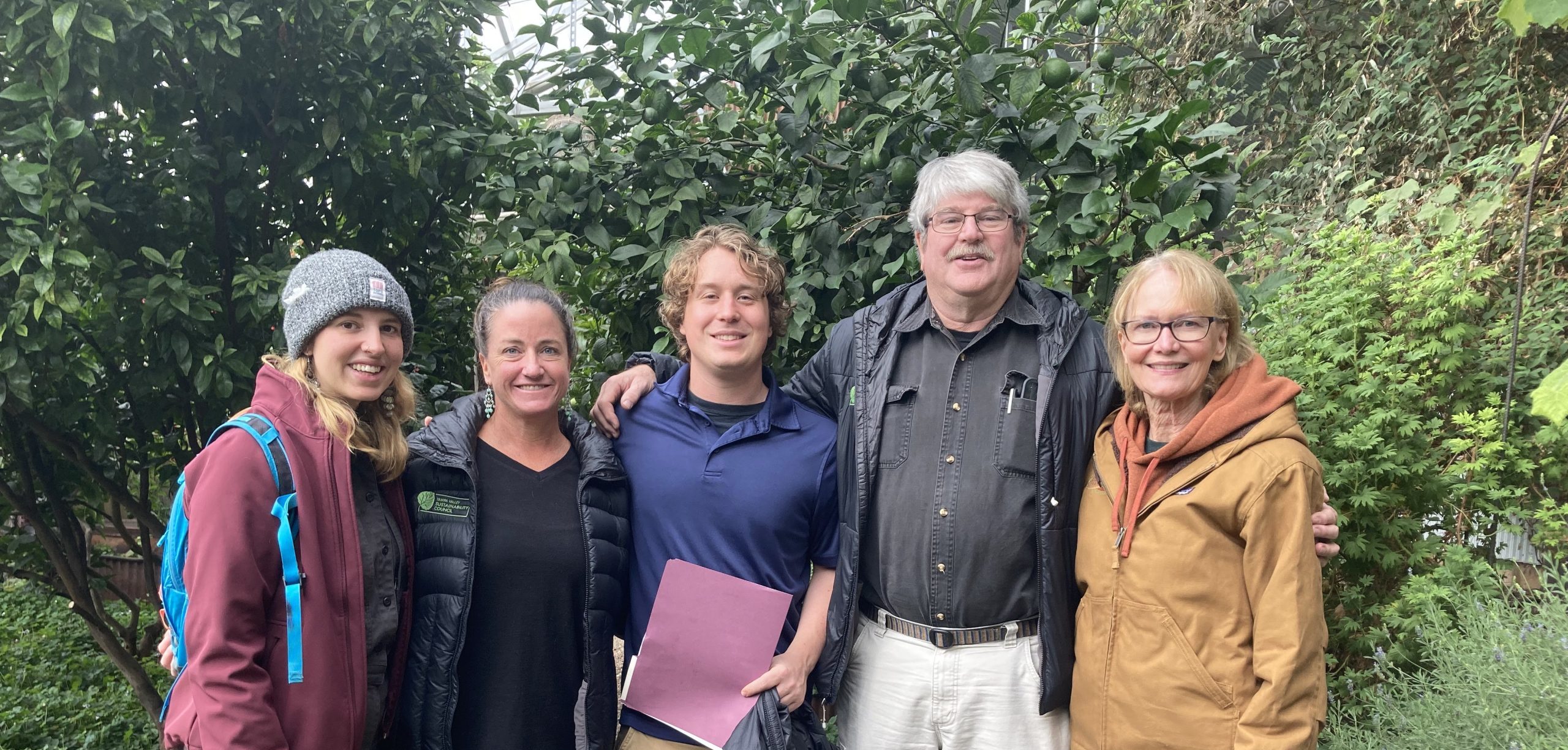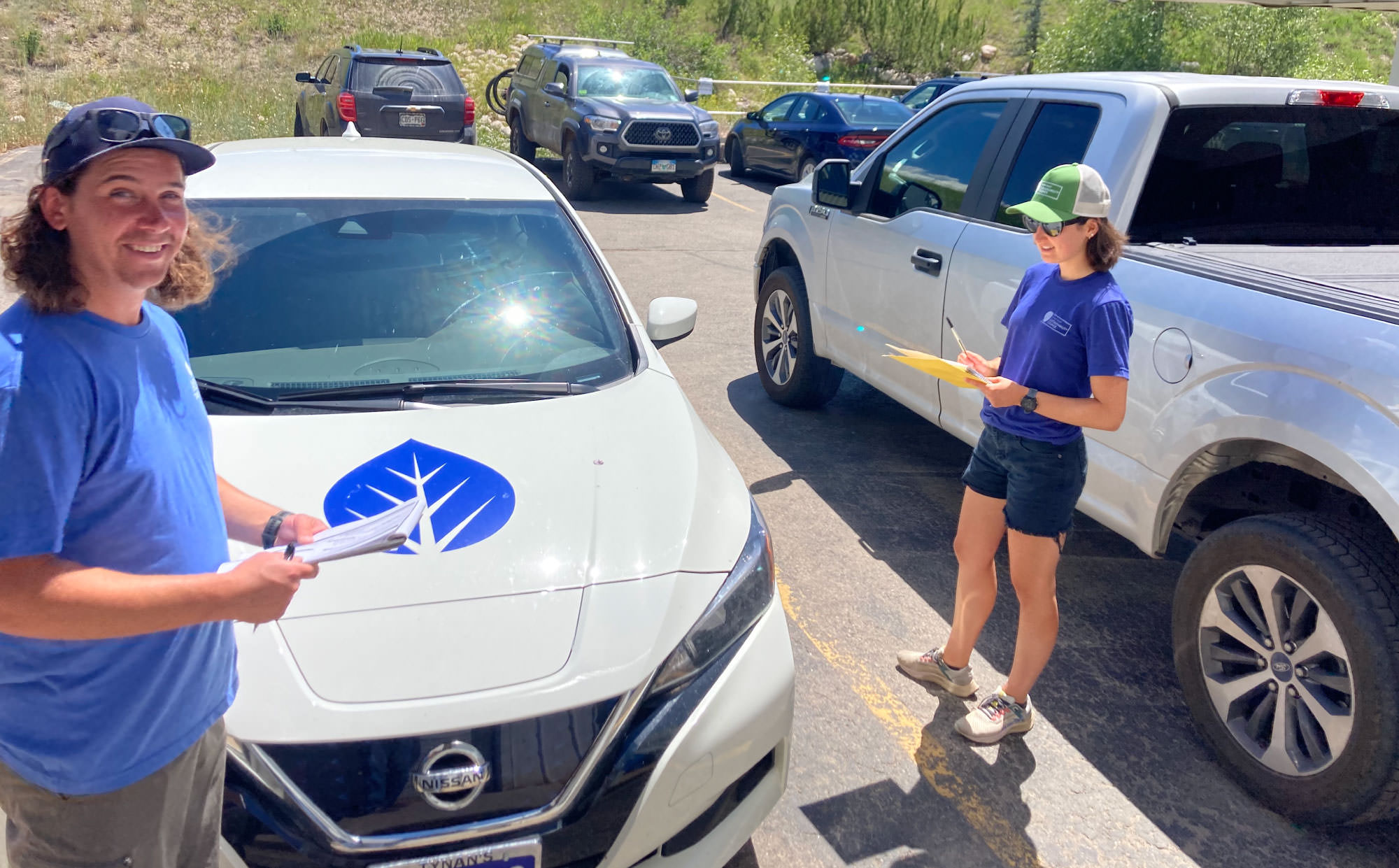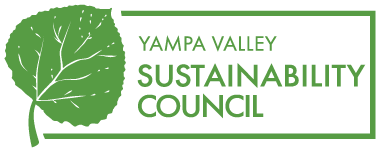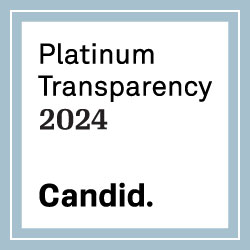SEPTEMBER 21, 2015 BY
Meg Tully, Executive Director of Historic Routt County
reprinted from the Yampa Valley Voice, September 2015
Yampa Valley Sustainability Council (YVSC) and Historic Routt County (HRC) are pleased to have James Lindberg (Jim) join us for the Talking Green event on September 29 at the Bud Werner Memorial Library at 5:30pm. Jim is the Senior Director of the Preservation Green Lab for the National Trust for Historic Preservation, which is comprised of an interdisciplinary team of professionals with expertise in energy, historic preservation, planning and policy. His presentation will focus on the work of the Preservation Green Lab and the collaborative efforts of diverse partners who aim to strengthen the connections between sustainability and the nation’s vast inventory of older buildings and established neighborhoods.
What is the Preservation Green Lab?
Launched in March of 2009, the Seattle-based Preservation Green Lab advances research that explores the value that older buildings bring to their communities and pioneers policy solutions that make it easier to reuse and to green older and historic buildings. The Green Lab seeks to minimize carbon impacts from the built environment through direct emissions reductions from building retrofits and reuse and to conserve character-rich and human-scale communities that attract people to more sustainable, urban living patterns.
Most communities have older buildings, neighborhoods and commercial districts that are integral to their economic and social well-being, but many lack the resources or expertise to improve and to enhance their built assets. The Green Lab identifies practical solutions – many of which are tested in demonstration projects by the National Trust – and delivers tools and resources to policy makers, real estate professionals and community-based organizations.
Research & Solutions
Jim’s discussion will touch on some important Preservation Green Lab research and projects, such as the following:
- The Greenest Building: Quantifying the Environmental Value of Building Reuse (January 2012) – research that demonstrated the quantified environmental value of building reuse and set the stage to drive policy change from a building level to a national level.
- Making it Easier to Reuse Existing Buildings is a partnership with the Urban Land Institute that supports local strategies that encourage reinvestment in vacant, abandoned and underutilized properties.
- A new, Outcome-Based Energy Code framework, currently piloting in Seattle, Wash., provides regulatory flexibility and enables innovation in greening older and historic buildings.
- Realizing the Energy Efficiency Potential of Small Buildings (June 2013) – research that led to the development of a new national program, America Saves!, to improve the energy and economic performance of small businesses located in business improvement districts, Main Streets and Eco-Districts.
- Saving Windows, Saving Money: Evaluating the Performance of Window Replacement and Retrofit (October 2012) – provides owners of historic homes and small buildings with tested and confirmed window interventions to increase the energy performance of original windows in existing buildings.
More About Jim Lindberg
Jim joined the National Trust in 1991 and has led a range of nationally recognized preservation and sustainable development projects, including the adaptive use of a former dude ranch in Rocky Mountain National Park and the green rehabilitation of an historic school in Denver. Jim currently is leading a partnership with the Urban Land Institute to remove barriers to building reuse in major US cities. He has written numerous articles and books on architecture, planning and preservation and is a lecturer in the College of Architecture and Planning at the University of Colorado Denver. Jim received his BA degree in the Growth and Structure of Cities from Haverford College and his MS degree in Historic Preservation from the University of Vermont.
The event is free, open to everyone and beverages and light snacks will be served.






